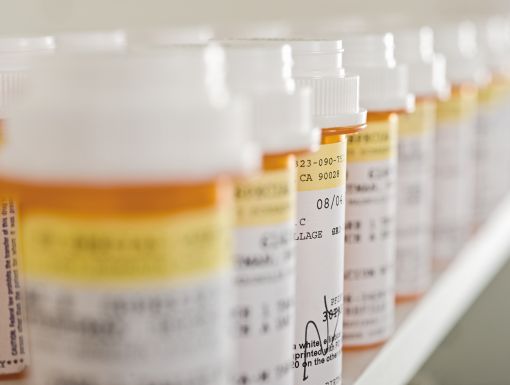
How Are Transplanted Organs Matched?
Understanding the organ procurement process and how organs are matched to patients in need of a transplant can seem complex at first. If you are waiting to receive the gift of life yourself or have a friend or loved one who is on the waiting list, it helps to understand how the organ donation process works including the medical and geographic factors that impact where available organs are matched. Below, I’ll do my best to walk you through the current system.
With over 104,000 people awaiting a lifesaving organ transplant, there are many candidates for each organ that becomes available. This means that the process of prioritizing patients for transplantation is very important. There are several factors used to match organs with patients in need. The United Network for Organ Sharing (UNOS), has policies and computerized networks that align transplant candidates with donated organs in ways that aim to save as many lives as possible, along with providing patients with the best chance of long-term wellness. Things like income, insurance or celebrity play absolutely no role in who is prioritized for transplant.
When a transplant hospital lists a patient as a candidate, the patient’s medical data is entered into the UNOS computer network. Organ donor information is also listed in the database, along with the location of the donor hospital. Through a combination of donor and candidate data, the computer system generates an unbiased “match run,” or list of candidates who will be offered each organ. Patients who are in most urgent need of a transplant and/or have the best chance of survival will appear highest on this list.
An important step in the allocation process is ensuring that all transplant candidates on the waiting list are screened so that those who are incompatible with the donor due to weight, height, blood type and a number of other medical factors are ruled out for any potential matches. While these medical factors play a role in the allotment of every donated organ, each organ type also has its own distribution policy which corresponds with the factors that are unique to the organ type. Organs and tissues that can be transplanted include:
- Heart
- Liver
- Pancreas
- Lung
- Skin
- Intestine
- Cornea
- Middle ear
- Bone/ bone marrow
- Heart valves
- Connective tissue
Geography also plays a part – hearts and lungs have less time before they need to be transplanted, so a radius is established from the donor hospital instead of by region when allocating these organs. One additional aspect is matching the right-sized organ to the candidate. Correct organ size is very important to a successful transplant, and children often respond better to child-sized organs.
When an organ becomes available, the local procurement agency will contact UNOS with related medical and genetic information and a list of potential candidates will be generated based on the criteria above. The organ will be offered first to the transplant center with the best possible patient match, and that transplant team will decide (based on medical criteria and logistical factors) whether to accept or refuse the organ. Organs are distributed locally first, and if no match is found, the potential recipient list will widen regionally and then nationally.
All of this goes to show that no matter who you are or where you live, being an organ donor is incredibly important. One person can save up to 9 lives if they choose to donate. In 2022, there were more than 42,000 organ transplants performed in the United States.



